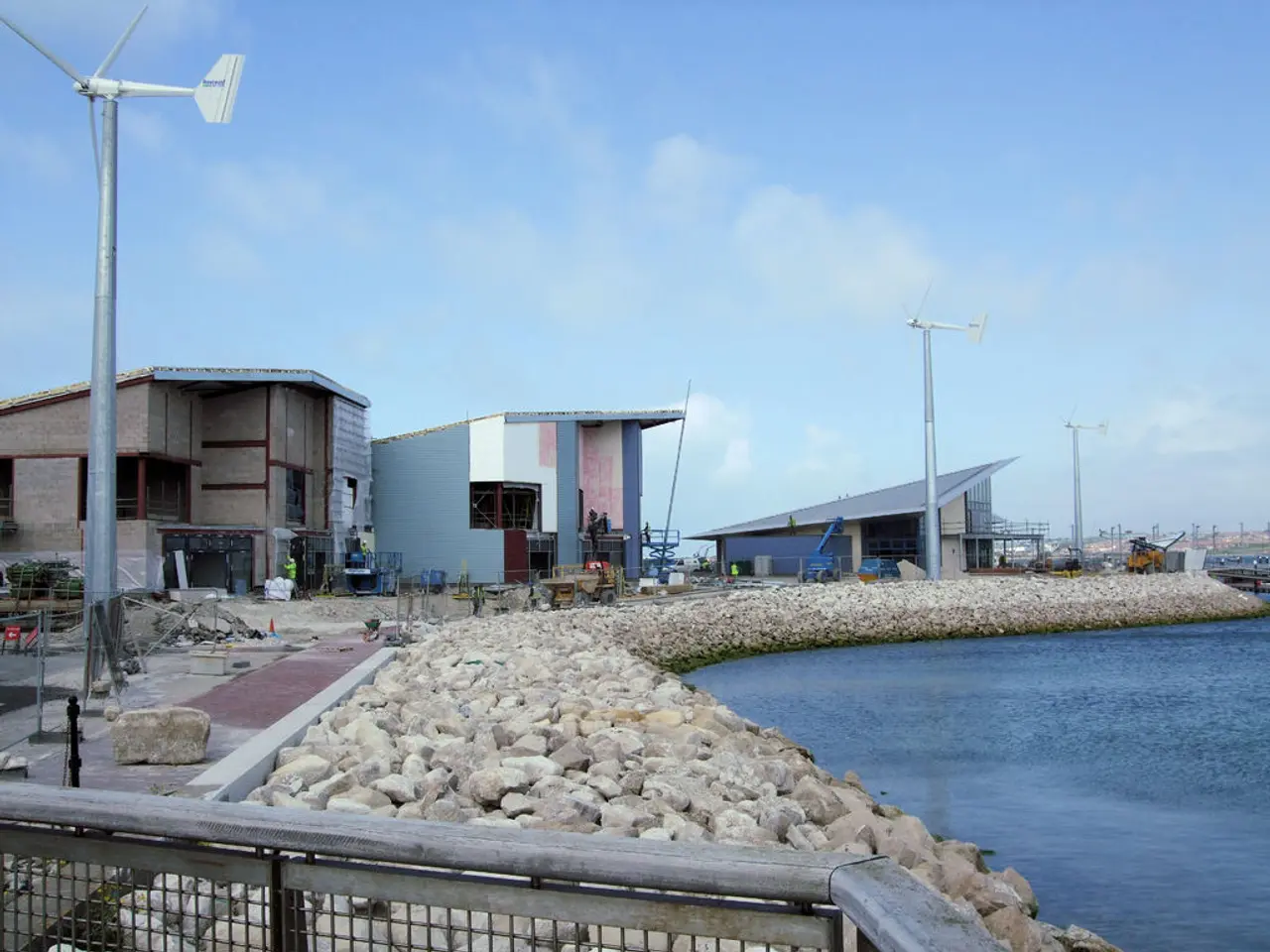India Imposes Import Restrictions on Jute and Jute Products from Bangladesh
Losing the Jute Game: India's New Restrictions on Bangladeshi Imports
Hey there! Let's talk about the recent trade drama between India and Bangladesh, focusing on the restrictions India has imposed on various imports from its neighboring country.
India has taken a firm stance and restricted the import of several jute and its derivatives items from Bangladesh with immediate effect, as announced by the Directorate General of Foreign Trade (DGFT). These items include flax tow and waste, jute fibers, single yarns, multiple folded fabrics, and woven fabrics, among others. No more jute lovin' through land borders – the imports shall only be permitted via the Nhava Sheva seaport in Mumbai.
Now, you might wonder, "What's up with that?" Well, let me fill you in. The Indian jute industry has been grappling with the impact of dumped and subsidized Bangladeshi jute imports, despite duty-free access under the South Asian Free Trade Area (SAFTA). Indian producers believe Bangladeshi exporters enjoy government subsidies and evade anti-dumping duties using loopholes, leading to a unfair advantage that has negatively impacted the domestic jute sector. By consolidating imports to a major seaport, India aims to counter these unscrupulous practices.
Not to mention, Goods transiting through India to Nepal and Bhutan are exempt from these restrictions; however, re-exports of these products from Nepal or Bhutan into India are not allowed.
But wait, there's more! Last May, India also imposed trade curbs on ready-made garments and processed food items from Bangladesh, again limiting entry routes and increasing regulatory scrutiny. This is part of an ongoing series of measures reflecting heightened bilateral trade tensions, as India aims to protect its domestic industries from unfair competitive pressures.
To put it simply, India's only accepting jute and its derivatives through a single seaport, while land routes are effectively closed off. The same goes for ready-made garments and other products, although specific ports haven't been detailed. The move is designed to safeguard Indian farmers and manufacturers in the jute sector and counter unfair trade practices by Bangladeshi exporters, suggesting a growing assertiveness in Indian trade policy.
That's the skinny on the latest India-Bangladesh trade drama! Stay tuned for more updates as this situation unfolds.
Sources:- [1] Trade Perspectives- [2] The Economic Times- [3] Jute Magazine- [4] Jute.org
Insight: Unfair trade practices, such as dumping and subsidies, have been a common issue in international trade. While India's restrictions aim to protect its domestic industries, they may also negatively impact Bangladeshi exporters, potentially leading to trade disputes or retaliation. It's crucial for both countries to adhere to fair trade principles and future negotiations to ensure the long-term health of their bilateral trade relationships.
The recent trade restrictions imposed by India on several jute and its derivatives items from Bangladesh, including flax tow and waste, jute fibers, single yarns, multiple folded fabrics, and woven fabrics, have sparked debates in the realm of both industry and politics, as India believes Bangladeshi exporters are taking advantage of government subsidies and evading anti-dumping duties.
The financial impact of these restrictions extends beyond the jute sector, as India also imposed trade curbs on ready-made garments and processed food items last May, reflecting a growing assertiveness in Indian trade policy and highlighting the importance of fair trade practices in maintaining healthy economic relationships between India and Bangladesh.




